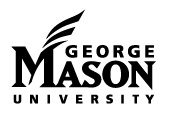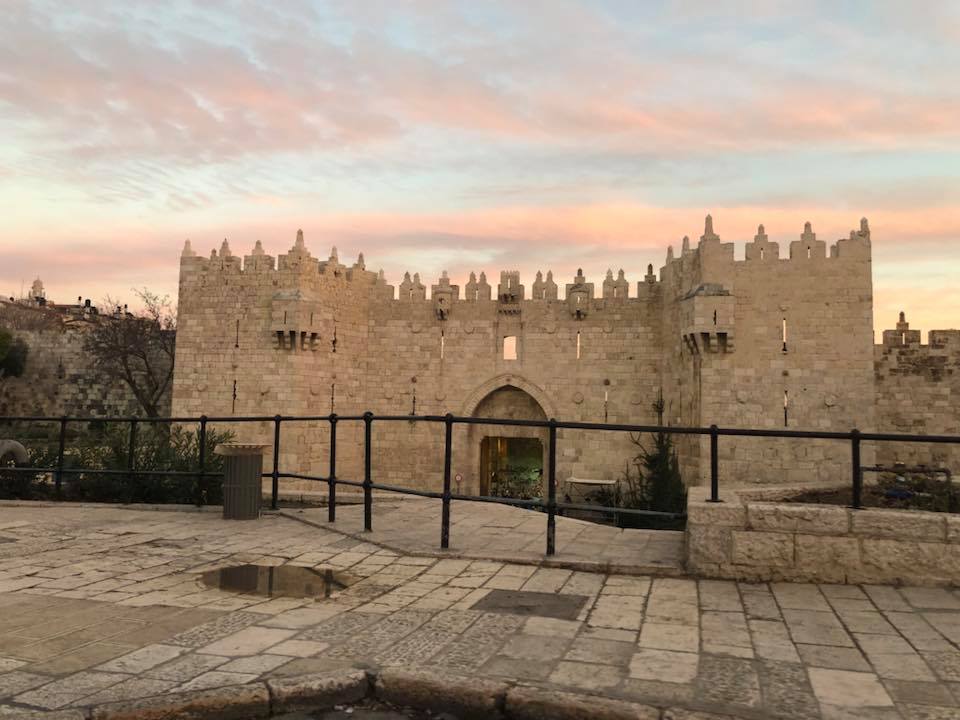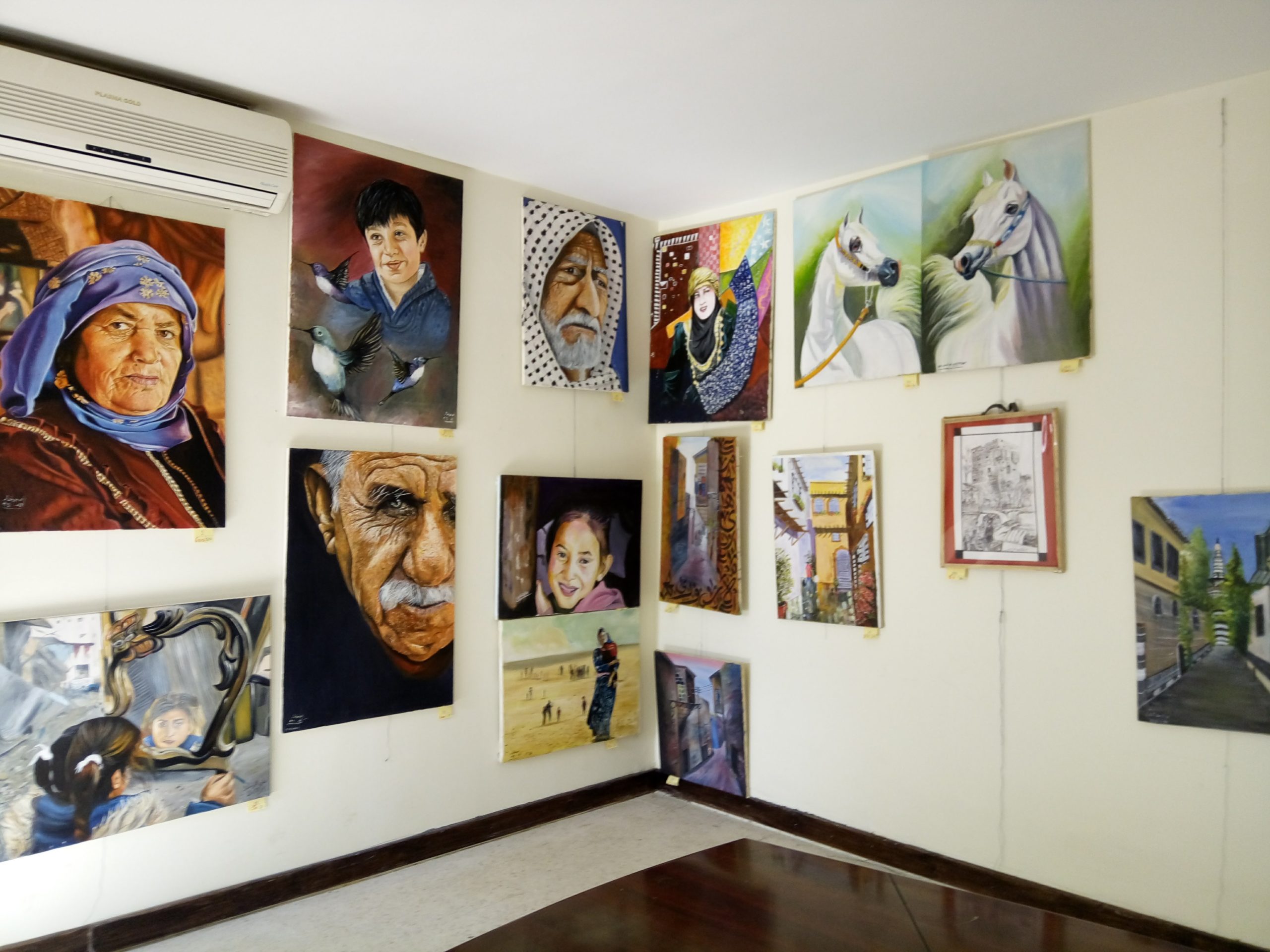Application
What are CRDC’s overseas seminars?
Who can participate in a CRDC class?
Can I audit a CRDC overseas seminar?
Where do CRDC classes take place?
When do CRDC classes take place?
Can I submit a two-page resume or a CV instead of a one-page resume?
What kind of formatting do you prefer for the letter of interest?
What are you looking for in the letter of interest?
Who is your ideal student for an overseas seminar?
Is the application deadline firm?
Are there scholarships available for the class?
Before You Travel
When will I find out if I have been accepted?
How will I find out if I have been accepted?
What happens after I’m accepted?
Can I buy my plane ticket once I find out I’m accepted?
I’ve paid my deposit. Why can’t I buy my plane ticket now?
What happens at the pre-trip meeting?
Do I need to arrange a visa in advance?
During the Class
What is included in the program fee?
When do I need to arrive in the program location?
Can I arrive early for independent travel?
What are CRDC’s overseas seminars?
Our overseas seminars are eight-day field experience courses that award 3 credits from George Mason University, typically as CONF 695/385. A CRDC class is an opportunity for students of conflict resolution/international relations to add a practical dimension to their academic work and participate in fieldwork with the guidance and oversight of experienced practitioners. Students from a variety of academic disciplines, professional backgrounds, and levels of experience have used these courses to discover the real-world implications of their classroom studies, to demonstrate in-depth knowledge of a region or subject, or to explore a new topic and potentially redirect their academic or professional trajectory.
Who can participate in a CRDC class?
Our classes are open to GMU students and students from other universities, as well as working professionals. Although these overseas seminars are geared toward graduate students, we accept applications from undergrads and typically admit one or two undergraduate students per class. In addition to students in GMU’s School for Conflict Analysis and Resolution, we have also had students join us from the following universities and programs:
GMU’s public policy master’s program
GMU’s peace operations master’s program
GMU’s global affairs master’s program
GMU’s international security master’s program
GMU’s international commerce and policy master’s program
GMU’s international education doctoral program
Georgetown University’s conflict resolution master’s program
Georgetown University’s democracy and governance master’s program
Georgetown University’s public policy master’s program
Georgetown University’s applied intelligence master’s program
American University’s School for International Service
George Washington University’s international affairs master’s program
George Washington University’s public policy master’s program
Salisbury University’s conflict analysis master’s program
University of Virginia’s MESALC master’s program
University of Denver’s conflict resolution master’s program
St. Mary’s University’s international relations master’s program
Champlain College’s conflict management program
Royal Roads University’s conflict management program
University of South Florida’s public health master’s program
Eastern Kentucky University’s emergency management program
Brown University
DePauw University
Emory University
Kennesaw State University
Middlebury College
New York University
University of Minnesota
Can I audit a CRDC overseas seminar?
Yes. The audit option is available to any student who is accepted to a class, regardless of university affiliation. If you audit the course, you will not be expected to write the papers, and you will not receive a grade or a transcript from GMU. Professionals who choose to participate in the course (and who do not want to receive credit) will be enrolled in the class as an audit and will receive a certificate upon completion of the seminar. Please note that there is no difference in the cost of the program fee for those who choose to audit the class.
Where do CRDC classes take place?
We currently offer classes in Israel/Palestine, Jordan, Bosnia, and Northern Ireland.
When do CRDC classes take place?
Our courses take place during the academic year and during the summer. Spring semester courses are offered during winter break (the Israel/Palestine program) and spring break (the Jordan program). Typically, our Bosnia course takes place during the last week of May/first week of June so that our working students can use the Memorial Day holiday to minimize the number of vacation days they have to take. Similarly, our Northern Ireland course is held during the first week of July so that students can take advantage of the Independence Day holiday. We also offer the Jordan course in mid-August as a fall semester course.
How do I apply for a class?
All applications for CRDC classes are submitted through the GMU study abroad website. You will need to create a profile on the site and upload an application PDF to your profile. Your application will be incomplete and will not be reviewed if it is missing the PDF, which should contain a 1-page resume, 1-page letter of interest, and contact information for two references. You can find the application pages for each of our classes at the following links: Reflective Practice in Israel/Palestine, Field Work with Syrian Refugees in Jordan, Post-Conflict Peacebuilding in Bosnia, Politicians, Paramilitaries, and Peace in Northern Ireland.
Can I submit a two-page resume or a CV instead of a one-page resume?
No. If you submit a resume longer than one page, only the first page will be read. Read about one-page resumes here. Learn how to edit your resume to one page here.
What kind of formatting do you prefer for the letter of interest?
There is no word limit for the letter of interest. It should be 1 page long at a maximum. It can be single spaced, but it should be typed in a font that is readable and no smaller than 12-pt. It can be formatted as a letter or as an essay. If written as a letter, you may address it to CRDC or to “Dr. Gopin and Ms. Gentry.”
What are you looking for in the letter of interest?
We want to know why you’d like to take a class with CRDC — are you interested in this particular conflict, or the course topic more generally? Do you have a family connection to the conflict or the region? Are you new to the study of this conflict but interested in exploring parallels with other topics or conflicts with which you have more experience? We want to see that you’ve thought through how the class will complement your course of study and relate to your professional goals or experience. Think of the letter of interest as your first assignment for the course, and use it to reflect on how participating in this immersive experience will impact you beyond the eight-day trip.
Who should my references be?
In general we like to see one academic and one professional reference. We understand that some students will only be able to furnish academic references. If you are a GMU undergraduate student, one of your references must be a GMU professor. Please note that personal references (including family members and friends) are not accepted.
Why does it say “contact information” for references? Do I need to let my references know that they might be contacted?
We will review your reference list and let you know which reference we would like to contact. We will make sure you have notified them before we get in touch. You do not need to request references before you submit your application.
Who is your ideal student for an overseas seminar?
The best and most successful students are those who are mature, respectful, and open-minded; who are prepared to learn from the professor, guest speakers, and locals, as well as from their fellow students; who are flexible and adaptable to changing schedules; and who can appreciate and learn from multiple and sometimes contradicting perspectives.
Is the application deadline firm?
We review applications on a rolling basis, so if you are not able to submit your application on time, there is no guarantee that there will be spaces still available on the course. If this is the case, you will be added to the waitlist for the class. However, if you need flexibility on the application deadline and you notify us in advance, we are able to make exceptions on a case-by-case basis. In this case you might need to submit the application PDF by email if the study abroad website application portal is locked. In such instances, you should email Michelle at meverson@gmu.edu to discuss an alternative timeline.
Are there scholarships available for the class?
StudyAbroad.com is a good resource for outside scholarships, which can be applied to CRDC courses. If you have financial aid, you will be eligible to use your aid not only for the program fee but also for related expenses, such as your plane ticket and passport fees. Interested students can also contact us about a referral discount, where you will receive $100 off your course fee for each student you refer who applies and travels with us.
When will I find out if I have been accepted?
Occasionally, when we have a high volume of applications, we will start the review process before the deadline and potentially send out acceptances. In general, however, application review takes place in the two weeks after the deadline, and acceptances are issues shortly thereafter.
How will I find out if I have been accepted?
When a decision is made regarding your application, you will receive an email from the GoAbroad site notifying you that your application status has changed. You will then need to log in to the website to view your new application status. If you have been accepted to the program, your application status will now say “Accepted.” The next step will be for you to “commit” to the course by updating your application status to “Committed.”
What happens after I’m accepted?
You will receive a separate email with instructions for making your deposit payment. George Mason students can pay the deposit ($1,500) the way you normally pay your tuition — via check/cash at the GMU Cash Office in Fairfax, or online through TouchNet/PatriotWeb. Non-Mason students cannot make a payment online. The only payment option for Non-Mason students is to mail a check to the Cash Office. You will receive detailed instructions on how to make your payment, including steps for obtaining a GMU ID number (“G number”), which must be written on your check in order to ensure your account is credited.
Can I buy my plane ticket once I find out I’m accepted?
No, you will need to wait until all deposits have been sent in and you receive an email notifying you that you can purchase flights.
I’ve paid my deposit. Why can’t I buy my plane ticket now?
We have to wait until we receive a minimum number of deposits before we can give the go-ahead for students to purchase flights. The nonrefundable deposit payment is your commitment to participating in the course. If we accept 20 students to a class but only receive 2 deposits, then the class cannot run. This is why it is important to wait until we have received the minimum number of deposits before you buy a flight.
I’ve been looking at flights and I’m worried that the price will go up if I don’t buy my plane ticket soon. When will I find out that I can purchase my plane ticket?
Although you might see that your bank account has been debited for the amount of the deposit, this does not mean that the study abroad office has record of your deposit being paid, as the payment system is not integrated with the study abroad website. A program officer will have to check individual accounts and generate a list of students who are confirmed as paid. For this reason, you should expect at least a week between when you see your account debited and when you will actually appear as paid on the study abroad site. If you feel that it is urgent that you buy your ticket before receiving the official go-ahead, then you must purchase a refundable ticket/buy insurance that will allow you to change or cancel the ticket if necessary.
What is the pre-trip meeting?
Each of our classes has one meeting prior to travel. It will take place 4 to 6 weeks before the trip; you will receive notice of the meeting date in the same email giving you the go-ahead to purchase your plane ticket. All meetings take place on a weekday evening at the Carter School’s campus in Arlington, on the 5th floor of Vernon Smith Hall (formerly the Metropolitan building) at 3434 Washington Blvd. The pre-trip meeting is a mandatory class session for the course. Absences are only permitted in the instance that you have a class that conflicts with the scheduled meeting. In that case, you will need to notify us of the course title, professor’s name, and class meeting time.
What happens at the pre-trip meeting?
At the pre-trip meeting, we will discuss both practical considerations and academic expectations for the class. Topics include the trip itinerary, packing list, what to do before you travel, arrival in-country, and emergency plans/contacts. In addition to meeting your fellow classmates, you’ll also review the syllabus with the professor and discuss assignments and course goals.
Do I need to arrange a visa in advance?
As of 2020, none of our courses take place in countries where American citizens need to complete visa requirements in advance; either a visa is not required, or it can be purchased upon arrival. Students who are citizens of other countries are responsible for determining whether or not they will need to obtain a visa prior to travel. It is recommended that you look into these requirements as soon as possible. Often, visa applications will require a letter confirming your participation in the course and detailing the trip itinerary. If you need a letter from CRDC as part of your visa application package, you can request one by emailing Michelle at meverson@gmu.edu.
What is included in the program fee?
Your program fee includes 3 credits from George Mason University, shared accommodations for 8 nights, some meals, ground transportation during the course, international health insurance, entrance fees, tips, and course trainers’ and speakers’ costs. It does not include your airfare to and from the program site, your transportation between the airport and the accommodation, your visa/passport expenses, or your personal spending on souvenirs and snacks.
Where will we stay?
Most of our courses stay in hotels where students are in twin rooms with ensuite bathrooms. For some of our classes, we use dormitory-style student accommodations, in which case students might have a private single room and bathroom. Typically, classes take place in the hotel meeting room, with meals (breakfast and lunch or breakfast and dinner) in the hotel’s dining room.
When do I need to arrive in the program location?
Our classes start on Saturday evenings with dinner and orientation. Depending on the class, the start time might be anytime between 5pm and 7pm. For example, our Jordan class start time is 7pm. Students are therefore advised when purchasing their flights that they arrive at the airport in Amman no later than 4:20pm on Saturday afternoon. This ensures that all our students will arrive at the hotel with plenty of time to check in and be ready for the orientation meeting on time.
Can I arrive early for independent travel?
Yes, you are free to arrive early or to stay late, but you are responsible for your own lodging, meals, transportation, and all other costs that you incur before the CRDC program starts and after it concludes. The international health insurance that is provided as part of your program fee only covers the dates of the CRDC course; we therefore recommend that you purchase your own traveler’s health insurance for the amount of time that you will be traveling before or after the course.
How will I get from the airport to the hotel?
You are responsible for your transportation from the airport to the group accommodation. At the pre-trip meeting, we will go over transportation options, including taxis, shared vans, and public buses. In the week before the trip begins, you will receive an email with a list of other students who are on your same flight/arriving at the destination airport at a similar time. We encourage our students to share taxis or navigate other transportation options together, both to minimize individual costs and to simplify your arrival experience in a new country.
Will we have free time during the trip?
A typical day on an overseas seminar starts with morning lecture at 8:30am and concludes with dinner around 7pm. Because we are covering a semester’s worth of material (at least 45 contact hours) in just eight days, there is minimal free time for students during the day. Evenings are generally free after dinner, and students have the option to go to dinner outside of the hotel at their own expense. Students can also use their lunch break to explore the city; we try to schedule at least one long lunch break to give our students extra time for sightseeing and shopping. However, as our courses are an immersive academic and fieldwork experience and not a sightseeing tour, students are advised to arrange independent travel before or after the class to visit sites of cultural or personal interest.




